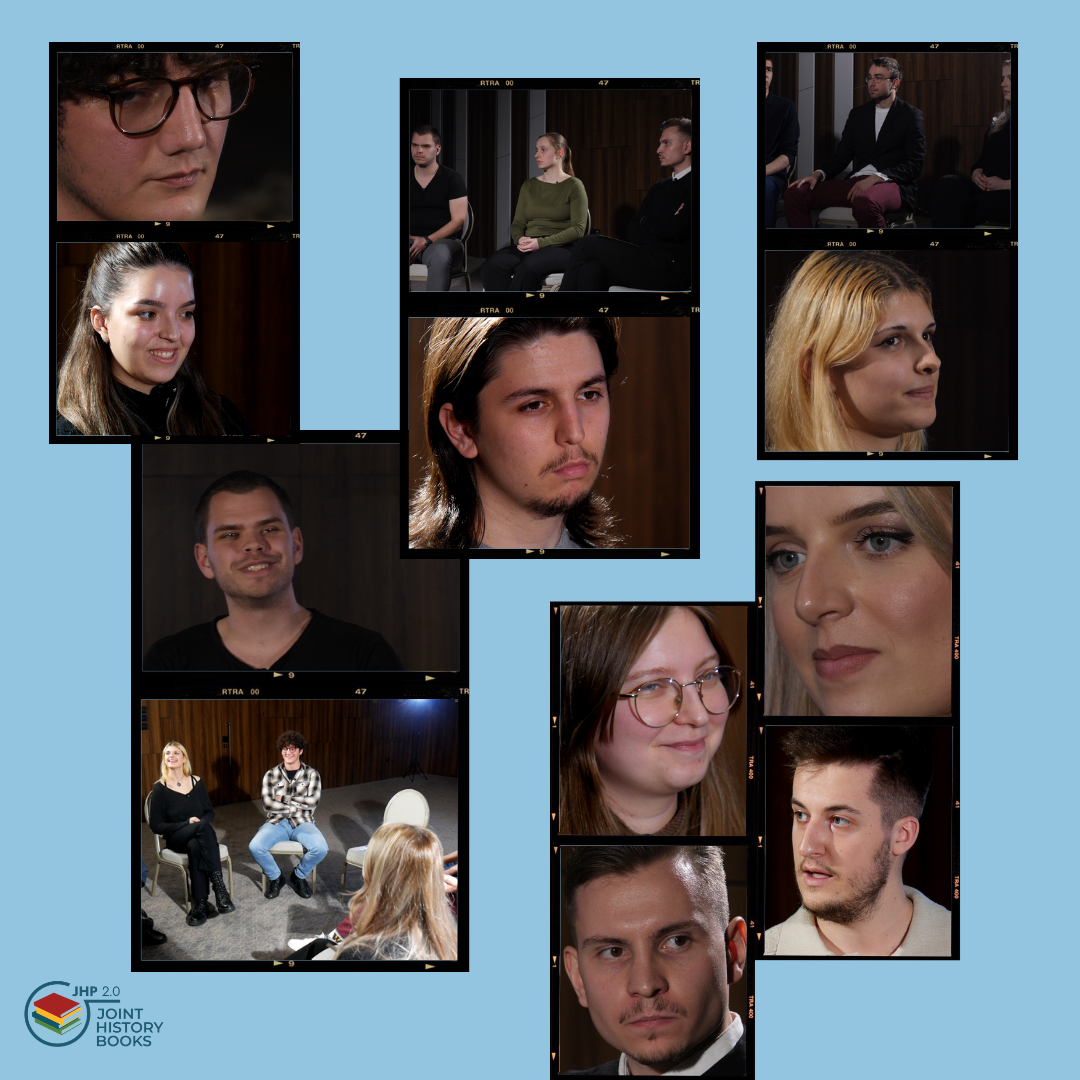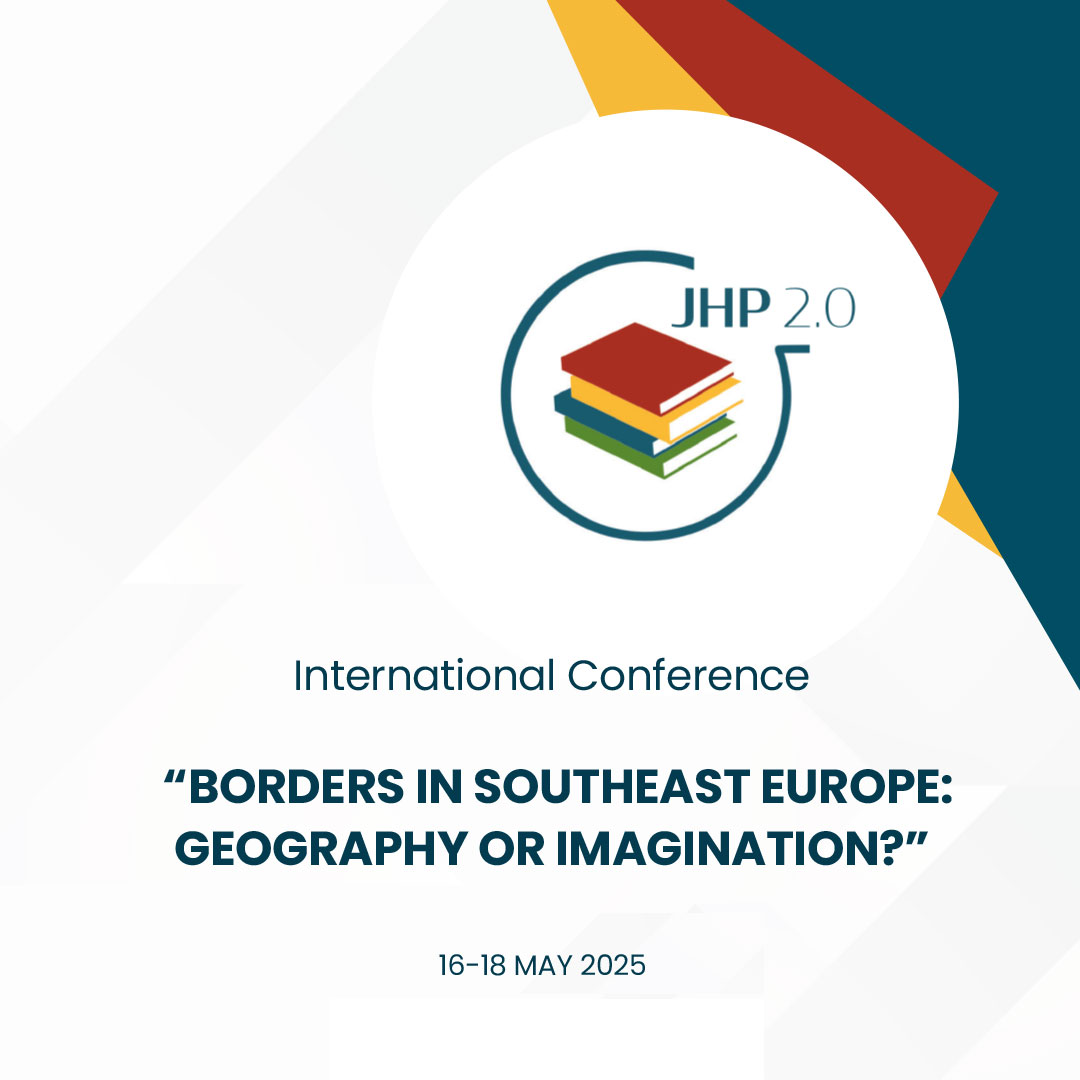НАШАТА МИСИЯ
Съвместните учебници по история представляват новаторска колекция от исторически източници от страните в Югоизточна Европа, създадена с цел да обогати познанията на учениците и да подкрепи учителите чрез разнообразие от гледни точки. Нашата мисия е да предоставим на преподавателите и учащите необходимите инструменти за критичен анализ и аргументиран дебат върху националните исторически разкази — насърчавайки размисъл не само върху миналото, но и върху настоящето и бъдещето.
Представените образователни материали оспорват изопачени наративи, противопоставят се на дискриминацията и предразсъдъците, и така допринасят за изграждането на по-приобщаващи, мислещи и демократични общества.
.

от 13 държави в Югоизточна Европа.

Те обхващат периода от Османската империя до 2008 г.
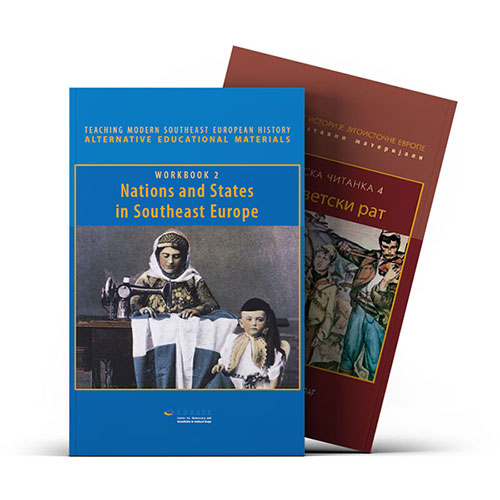
КАКВО ПРАВИМ
Авторите са водени от идеята да съберат и представят исторически източници заедно с вложените в тях гледни точки, а не да създадат труд с характер на историографски анализ. Намерението им е илюстративно по своята същност — стремежът е да се насърчи критичното осмисляне, а не да се предлагат окончателни интерпретации.
Същевременно томовете прилагат сравнителна рамка и възприемат многоперспективен подход към историческото изследване.

ИЗБЕРЕТЕ КНИГАТА
СЛЕДВАЙТЕ НИ
Вярваме в значимостта на това историята да бъде достъпна, разбираема и ангажираща за всички. Нашата цел е да предизвикаме разговор с младите поколения, да им помогнем да преодолеят историческите заблуди и да насърчим по-задълбочено и нюансирано разбиране за миналото.
Следвайте ни в различни платформи!
Ние избираме да представим своята работа и в социалните мрежи, за да достигнем до нова, дигитална аудитория.
ОТЗИВИ
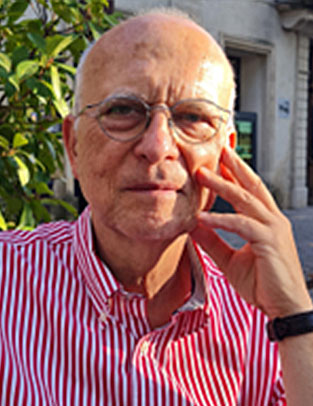
This is a long-term endeavor — it’s been going on for almost three decades. And the world has changed incredibly over these thirty years.
Three decades ago, we rarely used personal computers, and the internet was just beginning to emerge. What worries me is whether the things we thought about and wrote back then can be translated into the present moment — into what we now call social media, into new forms of expression. And I think my generation probably can’t do that anymore.
That’s why I would be truly glad if young people — all young people — took over this idea, this endeavor, transformed it, adapted it, but still expressed themselves through the foundations on which we built this project: respect for diversity, respect for the variety that exists in how people think, live, and envision the future.
So that is my greatest wish — for young people to come and carry this forward.
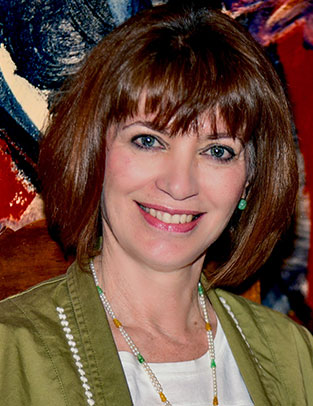
We were historians, we loved history, and we wanted societies to change for the better. We believed that history could be a means to change the world — and that’s what we wanted: to change the world. Even today, what is it, 30 years later? Even today, we believe this is a noble cause worth fighting for.
Unfortunately, since then… and based on the conclusions we reached back then, it seems that not much has changed. There are still problems in schools — with textbooks, with the way history is taught, with the discourse around history, which remains highly nationalistic. But above all, the fact that children don’t love history.
So, we must be doing something wrong. Maybe it’s time for all of us to join forces and change that.
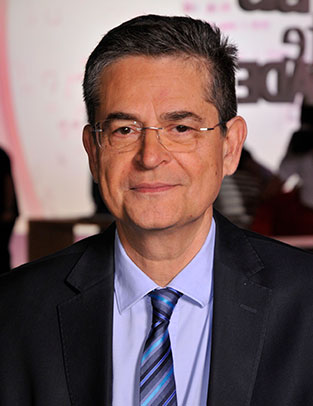
This project, launched three decades ago, is just as necessary today as it was back then, because some things in our societies in Southeast Europe — and elsewhere in the world — have not changed. One of those things is that history education is still conducted according to an ethnocentric, nationalist principle. In other words, history teaching is often misused to present one’s own nation as wonderful, admirable, exceptional — always a victim, never an aggressor — while portraying all those around us as something less.
What is unique about this kind of multiperspective approach to history is that it gives us the opportunity to learn what others think about us. And others often have a much more realistic view of us than we have of ourselves.
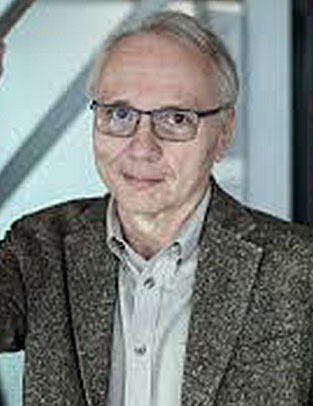
I believe this project is important for several reasons. One is that, over the thirty years it has lasted, those of us who have worked on it have grown closer and created a kind of micro-community of historians from the region, which functions very well — not just professionally, but we have, of course, become friends over that time. And for me personally, that would be the most important part of the project.
But yes, the project is also important because of the impact it has had through its results. I think we’ve managed to connect many history teachers from across the region, and that these teachers now look at history differently. They’ve become aware of the need for comparison — not just interpreting their own national history, but comparing it with the histories of neighboring countries, in order to see which experiences are shared and which are different.
And finally, I believe — I hope — that this has had an impact on the students who are taught by these teachers. That might be a bit difficult to measure, but I truly hope this project has, in that way too, left a significant mark in all the countries involved.
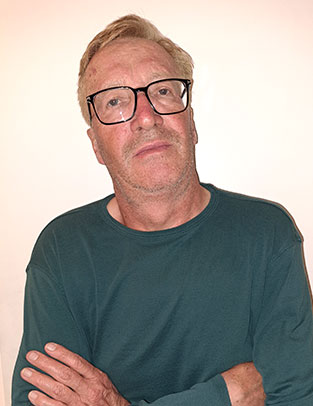
We concluded the textbook with the period after the Cold War up until 2008, which means it covers the most sensitive topic of all the textbooks we’ve created — because the processes are not yet complete, because we still don’t know what will happen with the borders, because some wish for those borders to change. That they won’t remain as they are now. Because we don’t have enough sources, and because the traces are still very personal and sensitive.
And here, we must seek some kind of balance — a balance in open classroom discussion, but also a balance with politics, especially because new countries, young states, were formed during the very process of making these textbooks. These countries look at history from today’s perspective. And it’s always difficult to explain to them what the actual historical context is.
And I think this will be one of the biggest challenges, especially as we shift to modern, visual methods — one of the biggest problems we will have to face.




